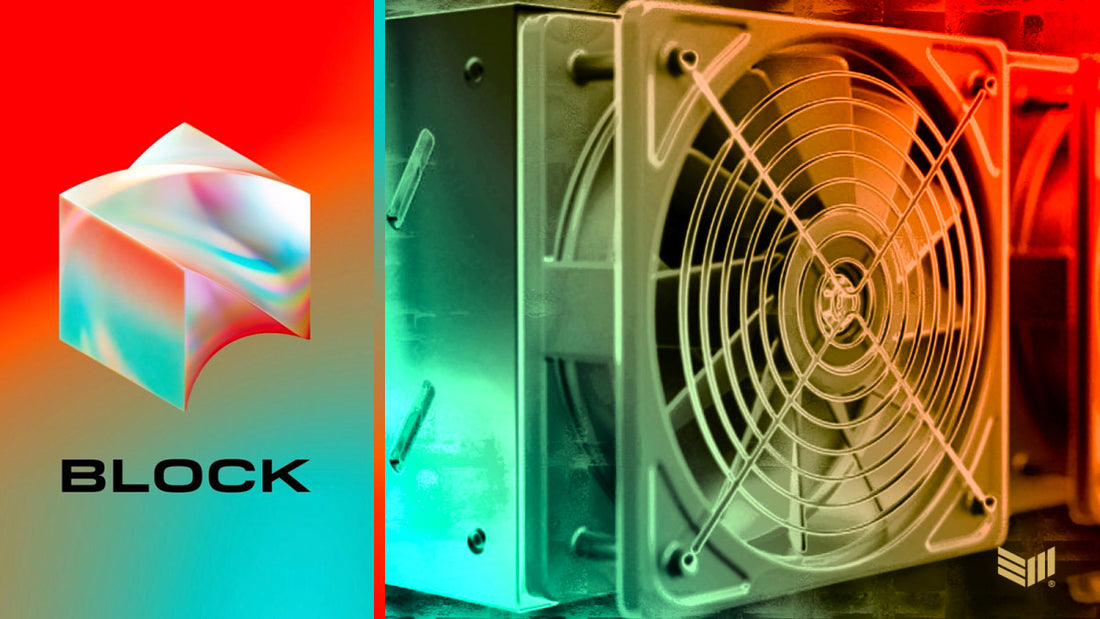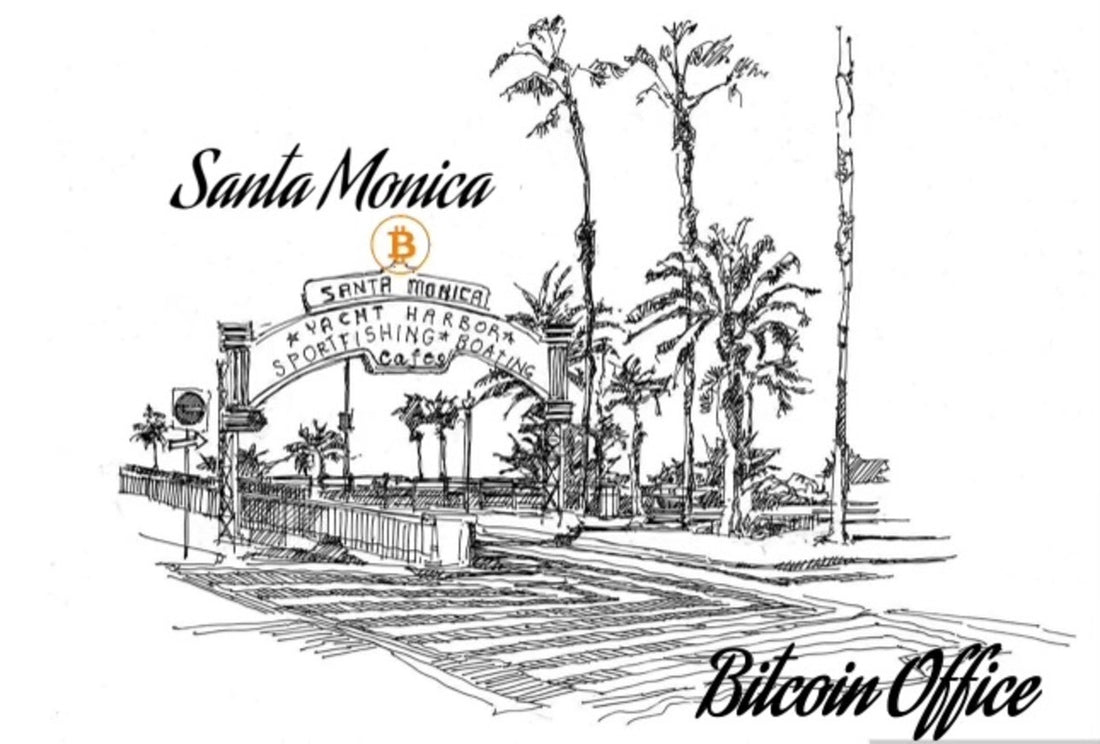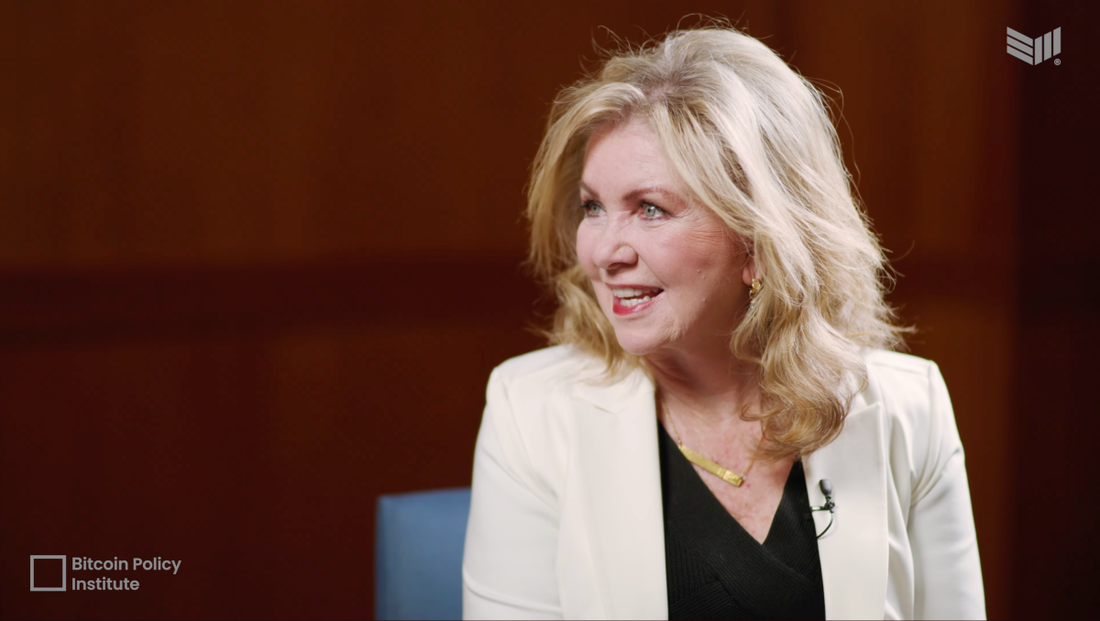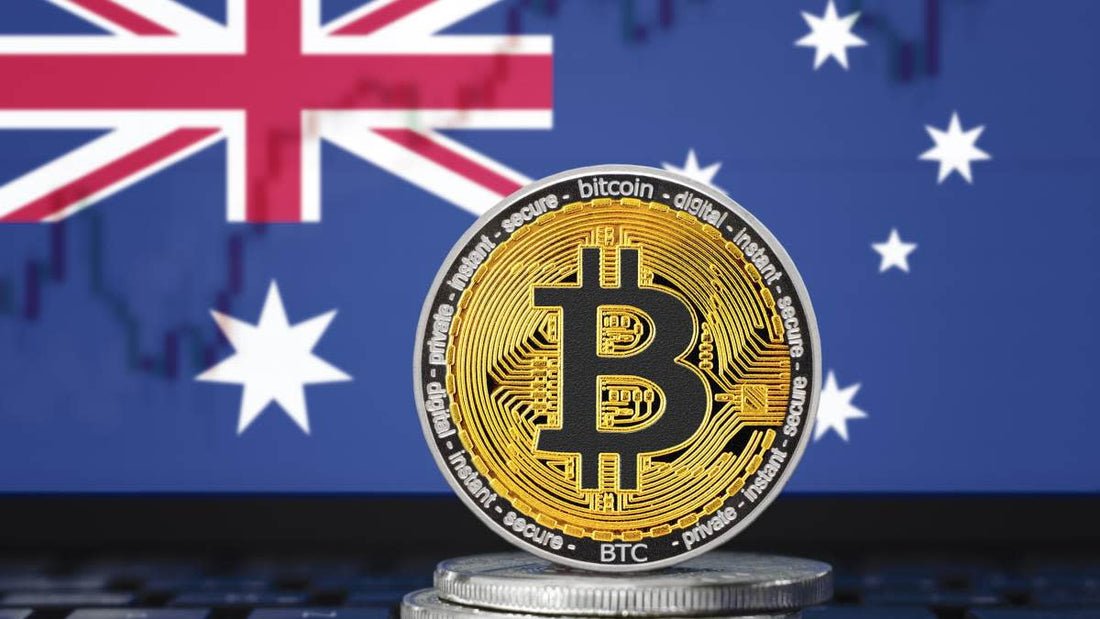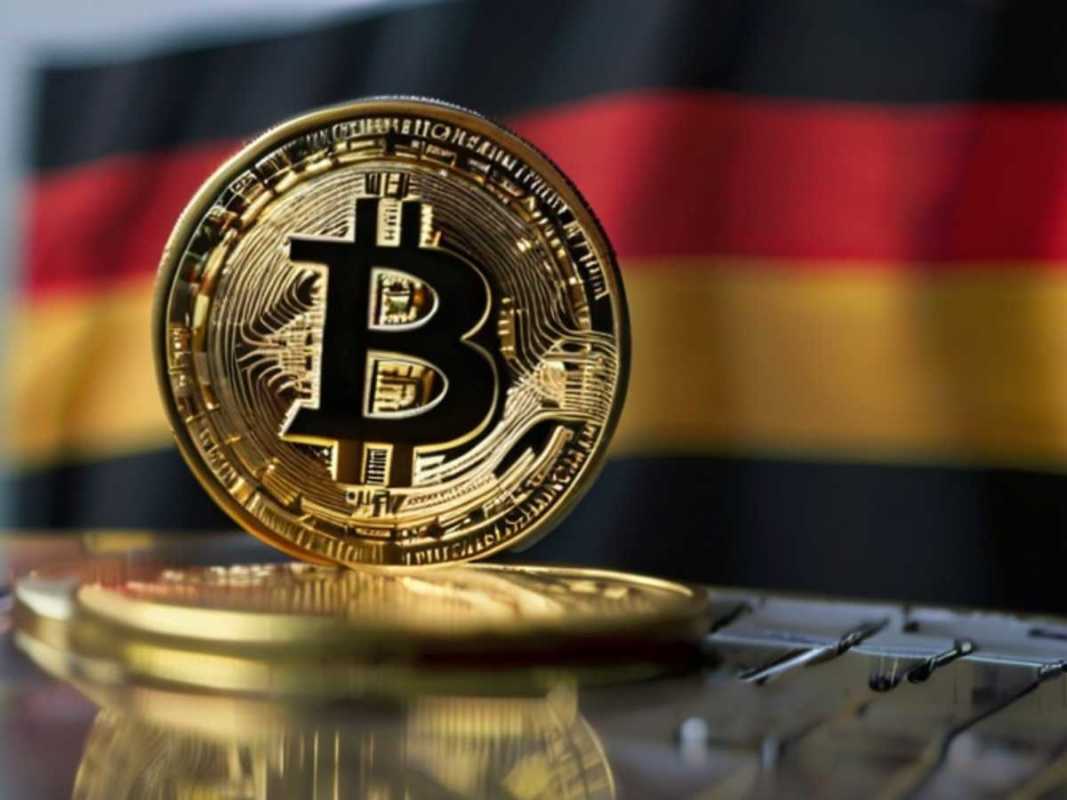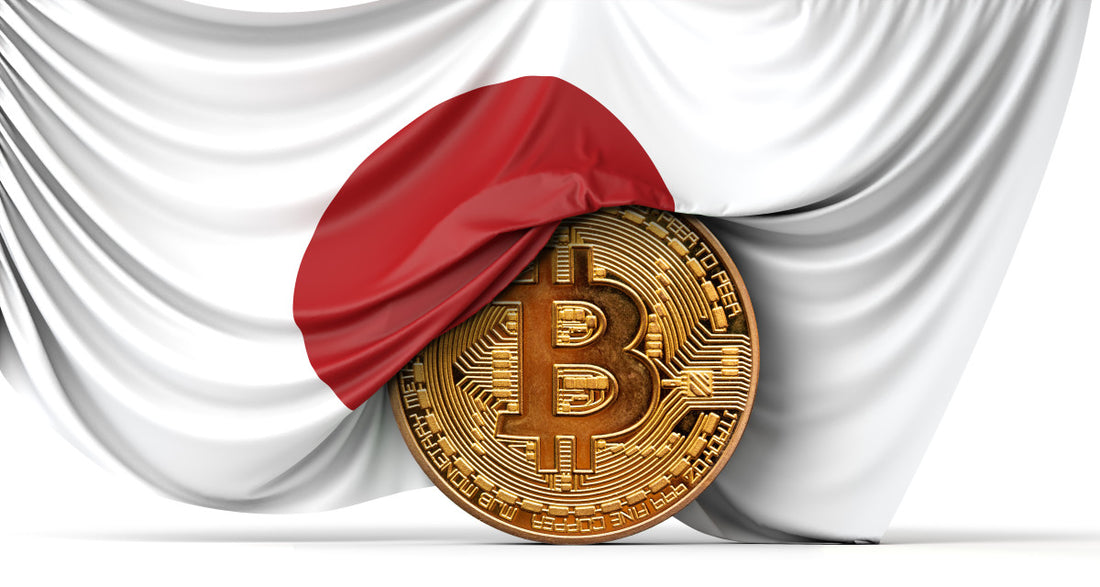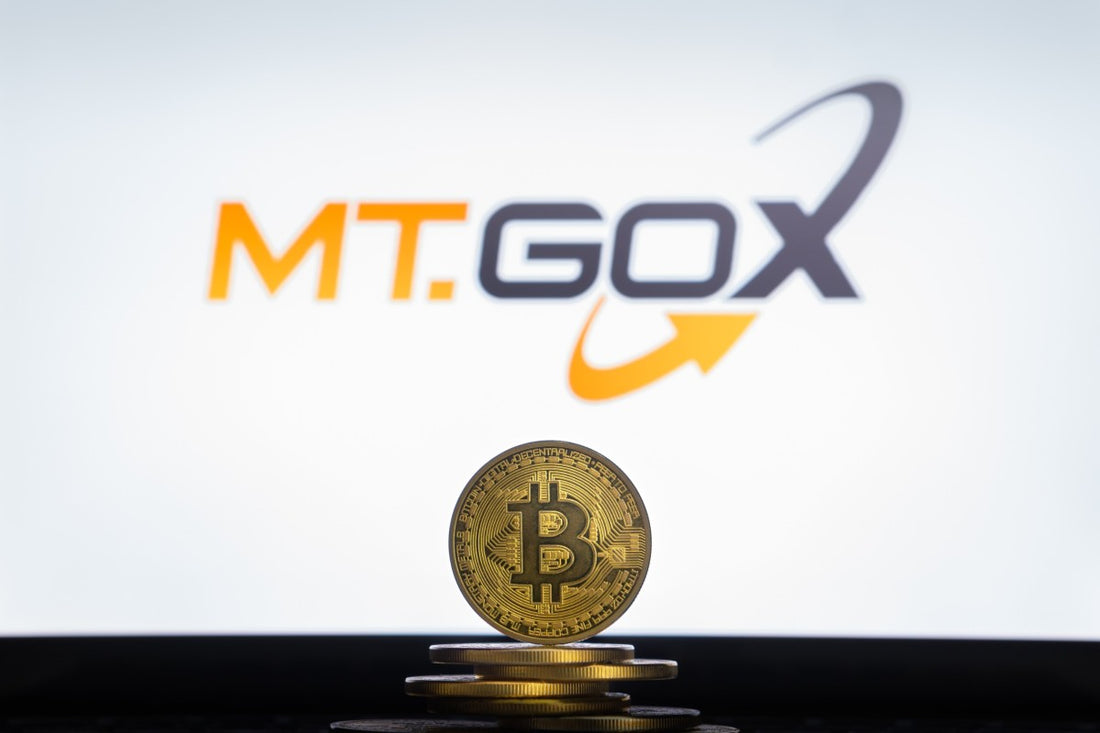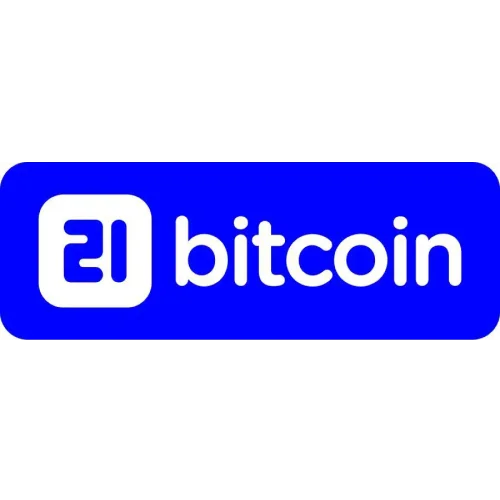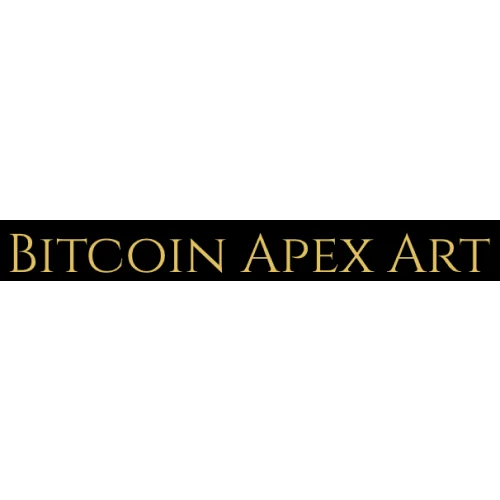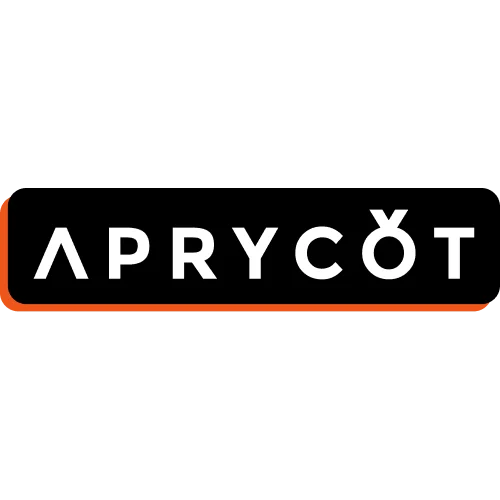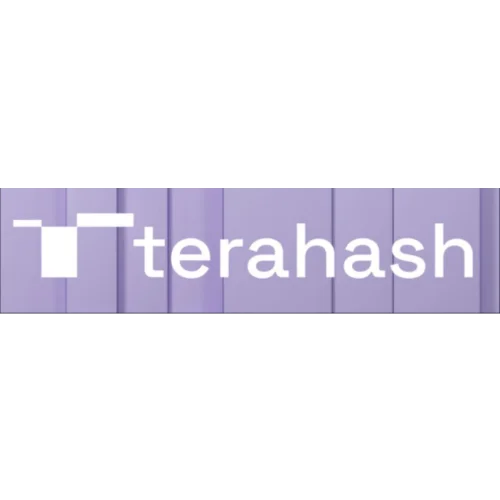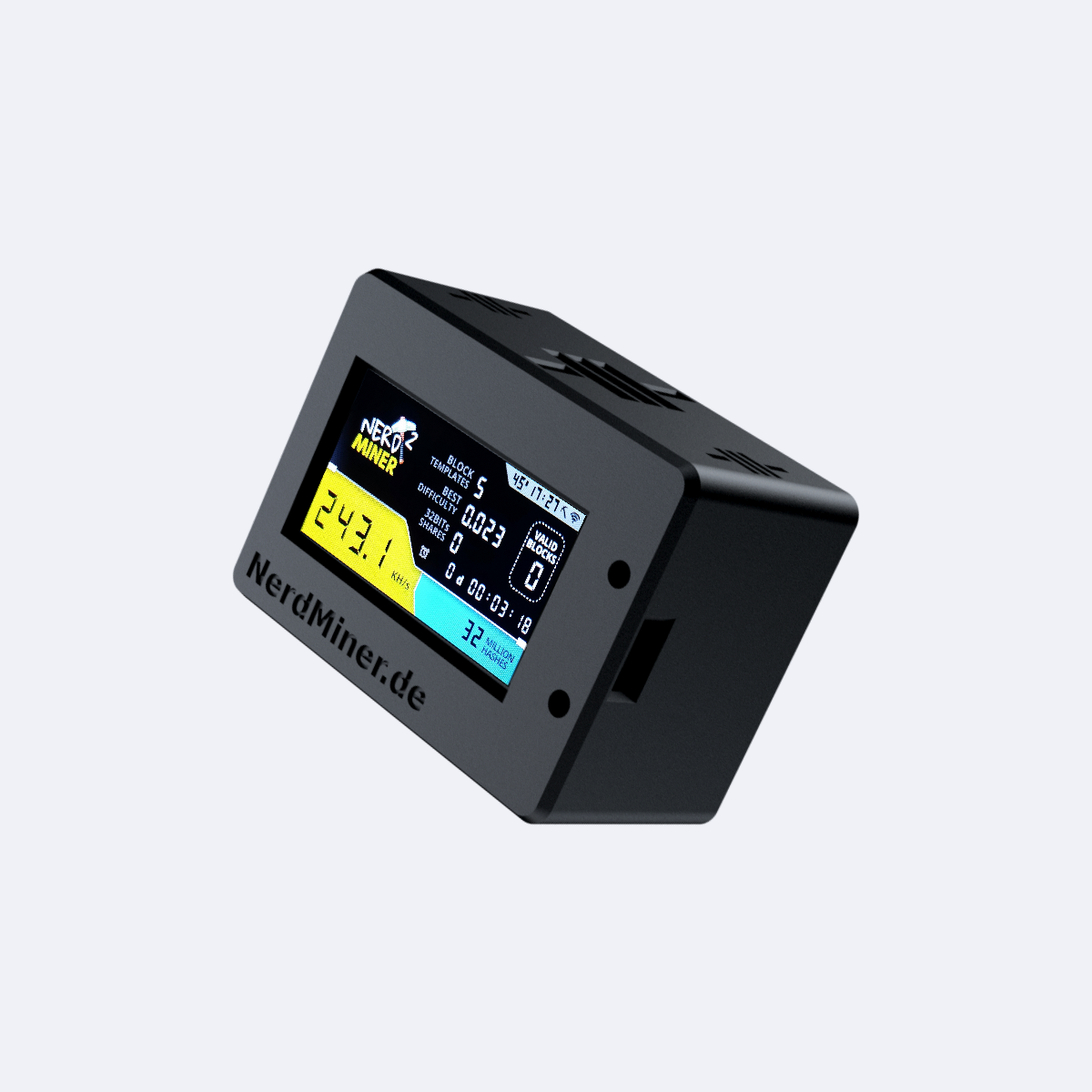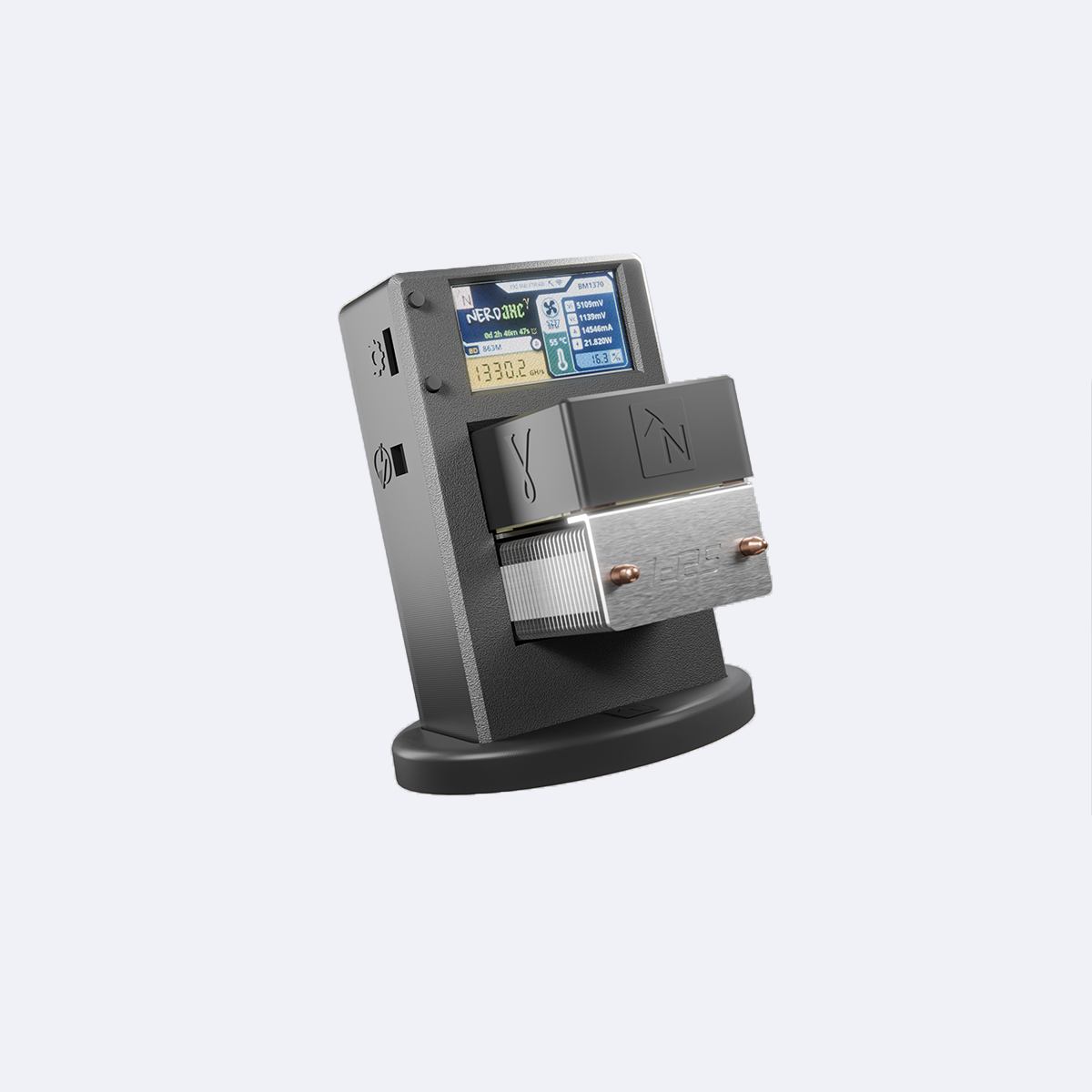News
Block and Core Scientific join forces to decentralize Bitcoin mining with new ASIC chips.
Block, Inc. and Core Scientific: Collaboration for decentralized mining hardware Block, Inc. and Core Scientific have partnered to decentralize mining hardware by integrating Block's advanced 3-nanometer (3nm) ASICs (Application-Specific Integrated Circuits) into Core Scientific's extensive operations. Core Scientific is an industry leader and is now leveraging Block's 3nm chips, adding approximately 15 exahashes per second (EH/s) of hashrate. This is a significant deal in the industry in terms of volume. Development and decentralization of mining Thomas Templeton, a member of Block's Proto team, emphasized that this is an important step towards advancing and decentralizing mining. The Proto team has developed a modular mining platform around its own ASIC chip to improve efficiency and reliability, while focusing on sustainable operations by simplifying infrastructure requirements. Hashrate growth and infrastructure improvement Russell Cann of Core Scientific highlighted that this collaboration is critical to growing hashrate and providing more opportunities for mining operations. The Proto team, in collaboration with ePIC Blockchain Technologies, has developed the platform to be compatible with Core Scientific's existing infrastructure, increasing operational efficiency and reliability. Decentralization of the Bitcoin network Proto's goal is to promote decentralization and transparency of the Bitcoin network through the open development of mining technology. This agreement allows third parties to develop customized solutions using Proto's mining chips, moving towards a more decentralized mining sector.
Learn moreEIA is hosting a webinar today on energy consumption in Bitcoin mining.
Beginning of the year: EIA survey process Earlier this year, the Energy Information Administration (EIA) attempted to bypass the usual survey process. It used emergency authorization statutes—special legal provisions that allow for quick decisions in urgent cases—to conduct a survey of Bitcoin mining energy use without the usual public and industry participation. But that approach ran into legal challenges from Riot Platforms and the Texas Blockchain Council, both of which filed for a temporary restraining order in Waco, Texas, to stop the survey. Ultimately, the EIA agreed to end the emergency survey and destroy the information it had already collected. EIA’s new survey procedure As a result, the EIA initiated a new survey process that included a public comment period. Today, from 12:00 p.m. to 1:30 p.m. Central Time, the EIA is hosting a webinar to discuss questions about energy consumption in Bitcoin mining and related information about mining operations in the United States. Interested parties can register for the webinar and submit questions in advance. The EIA will attempt to answer those questions during the session.
Learn moreThe city of Santa Monica opens a Bitcoin office
Santa Monica opens official Bitcoin office Santa Monica has opened an official Bitcoin office. The move was unanimously approved by the City Council in partnership with the nonprofit Proof of Workforce and comes at no cost to the city. The office has several goals: to provide Bitcoin education, promote tourism through partnerships and conferences, connect residents with jobs, and research sustainable Bitcoin mining that relies on the city's renewable energy sources. Initiative by Vice Mayor Lana Negrete The initiative was launched by Vice Mayor Lana Negrete, who is excited about the opportunities for widespread Bitcoin adoption. Santa Monica is taking inspiration from El Salvador, which adopted Bitcoin as legal tender in 2021 and has seen increased investment and tourism since then. Objectives and background Santa Monica has an annual budget of $700 million. In 2023, 4.5 million visitors spent nearly $1 billion in the city. Santa Monica is hoping for similar success through Bitcoin adoption. Recent Bitcoin-related developments include the city's firefighters adopting Bitcoin self-custody, and city leaders visiting El Salvador to study its Bitcoin adoption. Support from Proof of Workforce founder Dom Bei Dom Bei, the founder of Proof of Workforce, is enthusiastically supporting the initiative. He plans to unveil a Bitcoin visual – a visual artwork representing Bitcoin – on the Santa Monica Pier to mark this significant step.
Learn moreSenator Marsha Blackburn now accepts Bitcoin and crypto donations.
US Senator Marsha Blackburn accepts cryptocurrency donations U.S. Senator Marsha Blackburn (R-TN) has announced that her re-election campaign will now accept cryptocurrency donations, including Bitcoin, a move that is consistent with her statements supporting digital currencies and modernizing campaign donations. Support for Bitcoin in the political environment Blackburn's announcement is part of a broader trend among U.S. politicians to support Bitcoin. Recently, Blackburn led the Republican National Committee (RNC) Platform Committee, which passed a 2024 platform blueprint to protect Bitcoin mining and self-custody. Congressman Matt Gaetz introduced a bill that would allow federal taxes to be paid with Bitcoin, while former President Donald Trump began accepting Bitcoin Lightning payments for campaign donations. Support for Bitcoin and criticism of Central Bank Digital Currencies (CBDCs) Earlier this year, Blackburn praised Bitcoin for its freedom and privacy features and contrasted it with Central Bank Digital Currencies (CBDCs), which she criticized as government surveillance tools. Attend the Bitcoin 2024 Conference Senator Blackburn will also speak at the Bitcoin 2024 Conference in Nashville, further reaffirming her support for Bitcoin.
Learn moreAustralia’s largest exchange approves its second Bitcoin ETF.
New Bitcoin Exchange-Traded Fund (ETF) approved by ASX The Australian Securities Exchange (ASX) has approved its second Bitcoin exchange-traded fund (ETF), allowing digital asset manager DigitalX to launch a spot Bitcoin ETF under the ticker BTXX, which will begin trading on July 12. This follows the approval of the VanEck Bitcoin ETF by the ASX in June and the launch of the 21Shares Bitcoin ETF in April 2022 on the Cboe Australia Exchange (Cboe stands for Chicago Board Options Exchange, a major exchange for trading options and futures contracts). The Monochrome Bitcoin ETF also began trading on the Cboe in June. Increasing interest in Bitcoin exposure through ETFs These developments highlight the increasing interest among investors in obtaining Bitcoin exposure (the influence or risk an investor suffers from owning Bitcoin) through regulated fund structures rather than investing directly. ETFs (exchange-traded funds, which trade on exchanges like stocks) simplify Bitcoin investing by eliminating the need for direct custody (the storage and management of assets). Australia on a positive course in the Bitcoin sector Australia is showing a positive shift towards Bitcoin as regulatory approvals increase in the financial market.
Learn moreRepublican National Committee supports pro-Bitcoin platform in party bill
Republican National Committee supports Bitcoin in 2024 party platform A panel of the Republican National Committee has approved a draft of the party's 2024 platform that strongly supports Bitcoin. The draft emphasizes the party's commitment to defending the right to mine Bitcoin (the process of creating new Bitcoins using computing power) and ensuring that Americans can self-custody their digital assets (digital assets like Bitcoin) and transact without government surveillance and control. End of the Democrats' "un-American crypto crackdown" The program further promises to put an end to what it calls the Democrats' "unlawful and un-American crypto-crackdown." It opposes the creation of a Central Bank Digital Currency (CBDC). This decision underscores the Republican Party's clear stance in favor of Bitcoin and crypto innovation, in contrast to the current policy actions of the Biden administration and the Democrats. Republican Party supports Bitcoin and crypto innovation The bill reflects growing interest and support within the party for Bitcoin and is consistent with broader trends of Bitcoin adoption among Republican politicians. In May, Donald Trump promised to ensure that the future of crypto and Bitcoin would thrive in the U.S. The Platform Committee bill now awaits a final vote.
Learn moreGerman government transfers another $56M in Bitcoin to exchanges.
German government transfers Bitcoin holdings The German government has continued to transfer its Bitcoin holdings to exchanges, moving over $56 million worth of cryptocurrencies in multiple transactions. Blockchain data shows that addresses associated with the government sent 500 Bitcoin (BTC) to the Bitstamp and Coinbase exchanges (250 BTC each), as well as another 500 BTC to an unmarked address. These actions are related to the seizure of nearly 50,000 Bitcoin in 2013 from the now-defunct piracy site Movie2K. These Bitcoin would be worth about $2.3 billion today. Germany transfers cryptocurrencies worth $390 million Since mid-June, Germany has moved around $390 million worth of cryptocurrencies to various platforms, indicating possible intentions to sell some of its reserves. These activities have contributed to the volatility of the Bitcoin price. Last week, the price fell below $55,000. Despite these transfers, Germany still holds about 40,000 Bitcoin, worth almost $2.2 billion and representing a significant portion of daily trading volume. Further liquidation could pose additional risks to the stability of the Bitcoin cryptocurrency. Payouts to creditors of the Mt. Gox collapse These transactions come as long-awaited payouts to creditors of the 2014 Mt. Gox collapse are set to begin. This could further increase selling pressure in an already bearish (falling) market environment.
Learn more'Asia's MicroStrategy': Metaplanet buys another ¥400 million Bitcoin
Metaplanet buys another ¥400 million in Bitcoin Metaplanet, a Japanese company originally specializing in operating hotels, has announced the purchase of an additional ¥400 million (about $2.5 million) in Bitcoin, continuing its strategy of using Bitcoin as a treasury reserve asset. On July 8, Metaplanet acquired 42,466 Bitcoin, bringing the company's total holdings to about 203 Bitcoin. These were purchased for around ¥2.05 billion (about $12.7 million) at an average price of ¥10 million (about $62,000) per coin. Similarity to MicroStrategy’s strategy Metaplanet's strategy is similar to that of MicroStrategy, a US software company that has accumulated over 200,000 Bitcoin. These holdings are now worth $15 billion, making MicroStrategy the largest corporate holder of Bitcoin. Metaplanet's share price often reflects the performance of the Bitcoin market, thus providing investors with indirect Bitcoin exposure. The company believes this strategy mitigates the risk of yen depreciation. The yen has been heavily depreciated due to the Bank of Japan's continued low interest rates, despite global monetary tightening trends. Consistent Bitcoin purchase as a commitment to the future Although the amounts are relatively small in comparison, Metaplanet's consistent Bitcoin purchase shows a strong commitment, similar to that of "Asia's MicroStrategy." The company aims to profit from future Bitcoin adoption.
Learn moreBitcoin price falls as Mt. Gox begins repayments
Bitcoin price falls below 55,000 USD This week, Bitcoin price fell below $55,000 for the first time since February as the Mt. Gox exchange began distributing owed funds, marking the end of a long wait since the collapse of Mt. Gox in 2014. Repayment to creditors Mt. Gox has announced that it has begun repaying creditors, paying out a total of approximately $9 billion in Bitcoin, Bitcoin Cash and fiat currency. This has put significant selling pressure on the market, causing Bitcoin to fall by over 6 percent. Cold Storage Transfer and Concerns On Thursday, Mt. Gox transferred around 47,000 bitcoin worth nearly $2.7 billion from cold storage, raising concerns that creditors might sell those coins. These repayments are an important step toward resolving Mt. Gox's bankruptcy proceedings following the 2014 hack. Forecasts and market stress Analysts are predicting short-term price drops to $50,000 due to selling pressure from Mt. Gox withdrawals. Ongoing German government transfers are adding to market stress, while others argue that withdrawal volumes may have limited impact on the market. Expected volatility Due to the Mt. Gox payouts and the upcoming German government sales for July, significant volatility is expected in the market in the near future, with analysts warning of sharp fluctuations in the coming weeks.
Learn more
